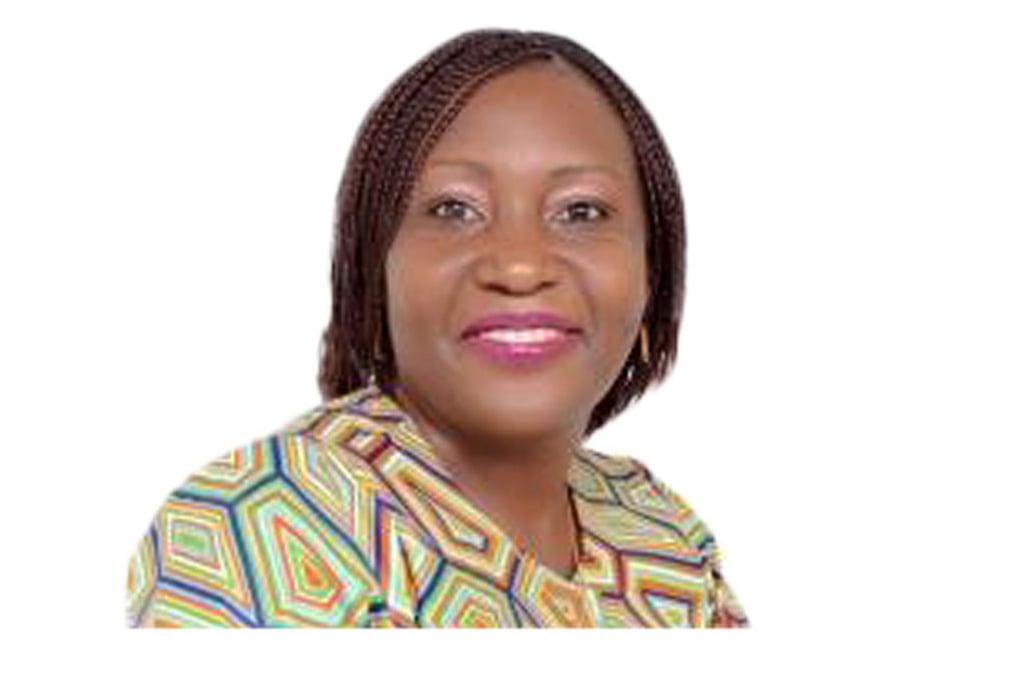Prime
DR Congo @60: Challenge and legacy of a false start
What you need to know:
- The assassination of Lumumba triggered a bitter, protracted and vicious civil war, which sadly guaranteed that as a sovereign state, DRC was established on a weak foundation and consequently the country made a false start.
On June 30, DR Congo (DRC) celebrated 60th anniversary of independence. I was 13 years old and a student in Junior 2 at Ombatini Junior Secondary School. I vividly remember that day which was a false start in DRC.
There were Congolese students at our school and they marked the historic day quietly by wearing badges of the ruling party, Congolese National Movement (MNC).
MNC was the party of Patrice Emery Lumumba, the first prime minister of DR Congo, who was assassinated by the enemies of the African revolution in January 1961. The brutal assassination of Lumumba by Belgian and CIA agents unleashed a vicious civil war which raged in DRC until 1965 when Gen Mobutu Sese Seko seized power and gradually pacified the country.
From the day Uganda achieved independence in 1962 until 1967, the Congo crisis dominated news on radio, TV and print media. Uganda was sucked into the ideological conflict in Congo, which became a theatre of the Cold War between the USA and USSR.
The infamous gold scandal of 1964 involving Gen Idi Amin, prime minister Milton Obote and Defence minister Felix Onama, mutated into a political crisis within UPC in 1965 and erupted into the 1966 Uganda political crisis. The political repercussions of the 1966 Crisis have played a major role in the political economy of Uganda.
I was a young man at secondary school during those difficult and trying days, but can remember events of that turbulent period in the history of Uganda. I was, therefore, surprised that the main Ugandan media houses did not publish or broadcast any stories on the occasion of the 60th independence anniversary of Congo.
From 1961 to 1966, West Nile and, in particular Arua, was flooded with Congolese refugees. Most of the refugees did not stay in camps because as people who are ethnically akin to West Nilers, they melted into the local population and lived among the wananchi. The silver lining on the dark cloud was that nightclubs at Arua got a boost and recruited Congolese musicians to entertain revellers nightly with live Lingala music.
The premises of one of the best nightclubs of Arua of 1960s was for many years used (don’t laugh) as a meeting hall of Arua District Council.
Legacy of false start in DRC
Congo became a Belgian colony in 1908 – it was from 1885 to 1908 – and a private estate of a notorious Belgian monarch, King Leopold, who exploited, looted and plundered his so-called “Congo Free State” on a humongous scale and in the process massacred millions of Congolese people.
Against this background, it’s a tragedy of monumental proportions that a century later, history repeated itself when two African leaders invaded Congo towards the end of the 20th Century to do precisely what King Leopold did. Uganda was indicted, tried and found guilty by the International Court of Justice for heinous crimes against humanity committed by Ugandan troops during that illegal, ill-conceived, despicable and irresponsible military adventure. Uganda’s accomplice and partner in crime, Rwanda, arrogantly pretends that it committed no crimes in DR Congo.
The assassination of Lumumba triggered a bitter, protracted and vicious civil war, which sadly guaranteed that as a sovereign state, DRC was established on a weak foundation and consequently the country made a false start. Congo has not yet recovered from the legacy of King Leopold and the tragedy of Lumumba despite the fact that it’s potentially the richest country in Africa. I fear South Sudan, which has also made a false start, may suffer similar fate as DRC.
Mr Acemah is a political scientist and retired career diplomat.
[email protected]




